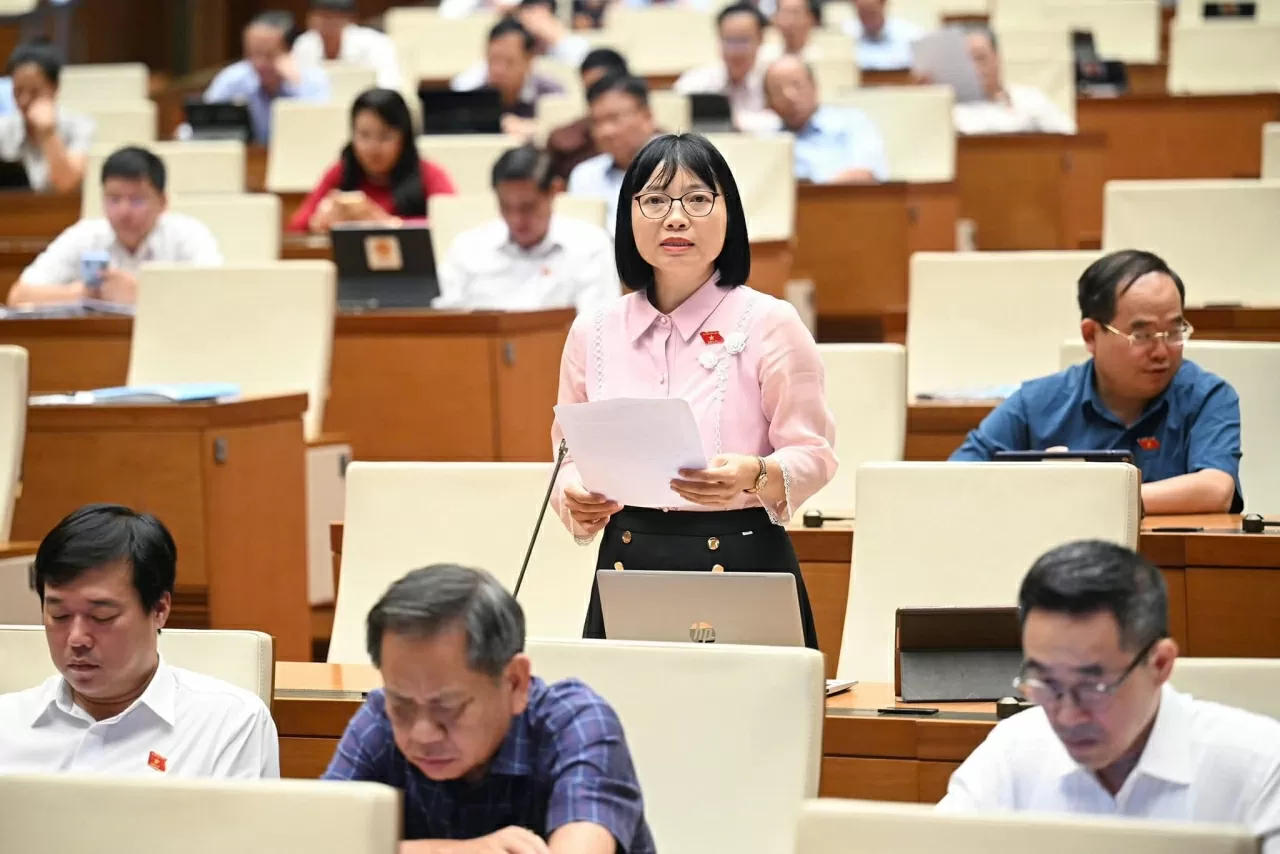 |
| National Assembly Deputy Nguyen Thi Viet Nga said that merging provincial and municipal administrative units is in line with the trend of the times. (Source: National Assembly ) |
The policy of merging provincial and municipal administrative units, as General Secretary To Lam emphasized, is a decision that clearly demonstrates the innovative thinking, strategic vision, and strong reform spirit, daring to think and dare to do of our Party in the current period. This is not simply an administrative measure, but a major institutional step to reorganize development space, exploit available resources more effectively, create breakthroughs in regional governance and development, and regional linkage.
Vietnam is entering a new stage of development, requiring planning and operation of resources from land, human resources to infrastructure and technology on an integrated, inter-regional scale. Maintaining too many small provincial administrative units with large differences in area and population not only causes waste but also hinders long-term investment and sustainable development. Therefore, merging at the provincial level is an inevitable direction, in line with the trend of the times and the internal requirements of the country.
| "The selection of cadres must be based on capacity and quality, not mechanically divided according to regional proportions. Cadres must be able to connect and unite regions and build common trust for the community. During the transition period, they are the 'bridge' between the old and the new." |
Moreover, this policy is also a clear demonstration that our Party is taking action for substantive reform. The goal is not only to improve the effectiveness of the administrative apparatus but also to create new development momentum, promote connections between localities so that the potential of each place can be promoted at a higher level - regional and national.
Overall, the core factors that show the correctness and urgency of this policy can be mentioned: First, it is the practical requirement for reorganizing the economic development space and territorial system. The situation of localities "standing next to each other but developing alone", lacking connection, leading to potential fragmentation and overlapping planning has existed for a long time. Merging aims to form administrative units of sufficient scale and scope to implement synchronous planning, effectively exploit infrastructure, resources and high-quality human resources.
Second, it is an urgent requirement in the process of building a modern administration. In the context of strong digital transformation and the widespread Industrial Revolution 4.0, the administrative apparatus needs to be streamlined, flexible and smarter. Cutting down on focal points and reducing duplicate functions will help improve management efficiency, reduce operating costs, and at the same time create favorable conditions for the application of digital technologies in state management. We cannot enter the future with outdated institutional designs.
Third, mergers also demonstrate the country's strong aspiration to rise. A country aiming to become a developed country by the middle of the 21st century cannot continue to develop with a small, localized mindset. The formation of "super-provinces" of sufficient scale will be a premise to attract strategic investment, develop regional urban, educational, research and logistics centers - pillars for future national development.
| "It is possible to retain the familiar names of public works, cultural symbols... as a way to soften the process of change, so that people do not feel like they are losing their memories and local identity." |
However, for the process of “reorganizing the country” to take place effectively, the key factor is the spirit of solidarity. Solidarity is first of all the consensus in ideology between party committees, authorities and political systems in localities. Provincial leaders need to put long-term interests above local interests, aiming for the “common” instead of the “ego”. People also need to be fully informed and participate in important decisions to feel that they are the subject of reform, not being left out.
At the same time, policies must be fair and transparent, avoiding creating a sense of “old province – new province” discrimination. All residents in the new administrative unit need to feel equal, have a voice, and have opportunities for development. These factors are a solid foundation for building trust and social consensus.
Promoting the strength of great solidarity requires coordination between three pillars: the political system, the government and the people. In particular, the role of leaders at all levels in setting an example and taking the initiative is especially important. If the leader demonstrates the spirit of the big picture, tolerance and solidarity for the common good, trust and cooperation in society will spread strongly.
We also need to be very skillful in reorganizing administrative, cultural, educational institutions, etc. to be both streamlined and effective while preserving traditional values. We can retain the familiar names of public works, cultural symbols, etc. as a way to soften the process of change, so that people do not feel they have lost their memories and local identity. As a writer once wrote: "People are attached to names, to familiar places, to small things that have become flesh and blood." Those seemingly small things are the fulcrum of social psychology in times of transition.
| "From many different cultural and historical sources, we must create a point of intersection – where people can be proud together, and together create the future". |
From the perspective of a National Assembly delegate, I propose a number of solutions to maintain and strengthen the spirit of solidarity in the process of implementing the policy: First of all, it is necessary to allocate public investment resources in a public, transparent and reasonable manner among regions. It is necessary to pay due attention to old centers to avoid the mentality of being abandoned, and at the same time have a policy of prioritizing disadvantaged regions for harmonious development.
At the same time, the selection of cadres must be based on capacity and quality, not mechanically divided according to regional proportions. Cadres must be able to connect and unite regions and build common trust in the community. In times of transition, they are the “bridge” between old and new, between tradition and innovation.
In addition, it is necessary to issue specific policies for the transitional period of the new province after the merger to both remove difficulties and create a "push" for development. Those policies need to be flexible, highly adaptable and bring about practical effectiveness.
Finally, the most important thing is to build a “new provincial spirit”. That is the common identity, common goals, common aspirations of all residents after the merger. From many different cultural and historical sources, we must arouse a point of intersection – where everyone can be proud together, together build the future. When aspirations are unified, the spirit of great solidarity will become the most solid foundation for sustainable development.
Source: https://baoquocte.vn/dbqh-nguyen-thi-viet-nga-sap-nhap-don-vi-hanh-chinh-cap-tinh-buoc-di-chien-luoc-the-hien-tam-nhin-cai-cach-320338.html



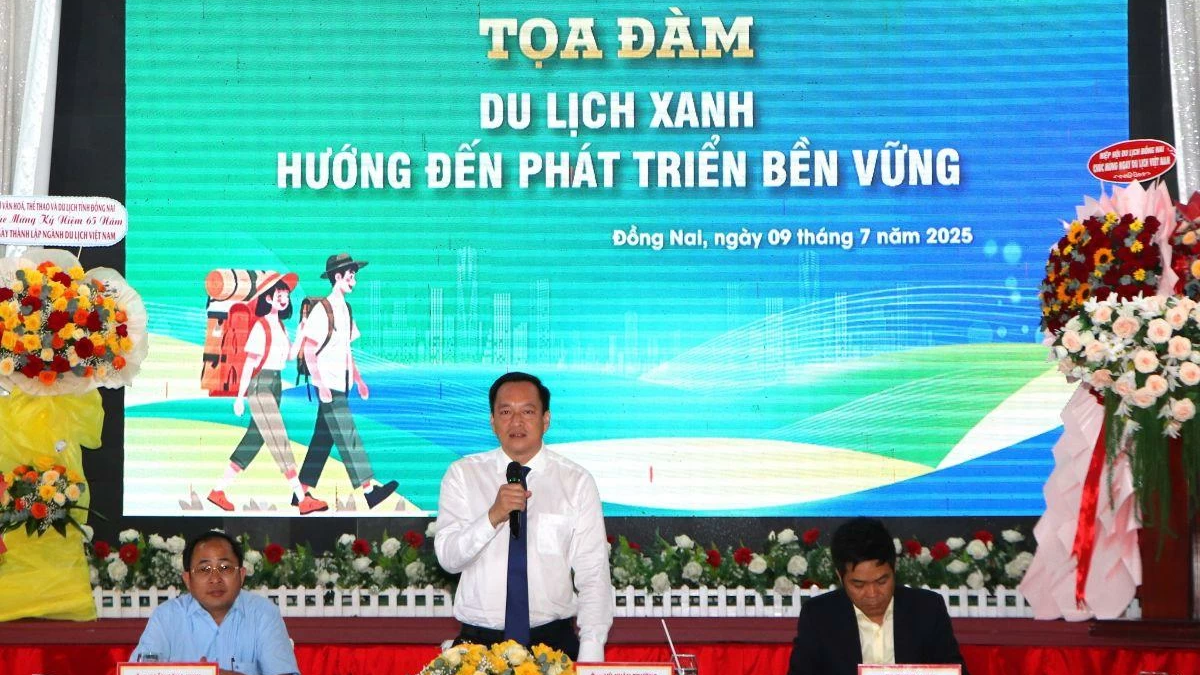
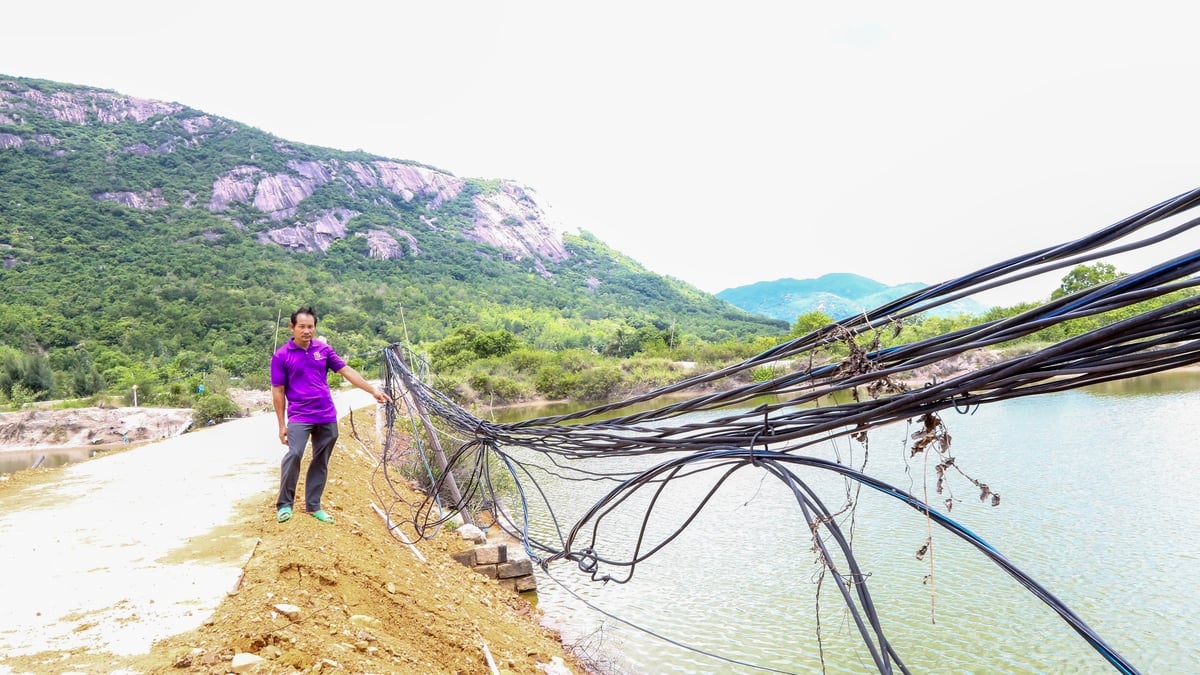

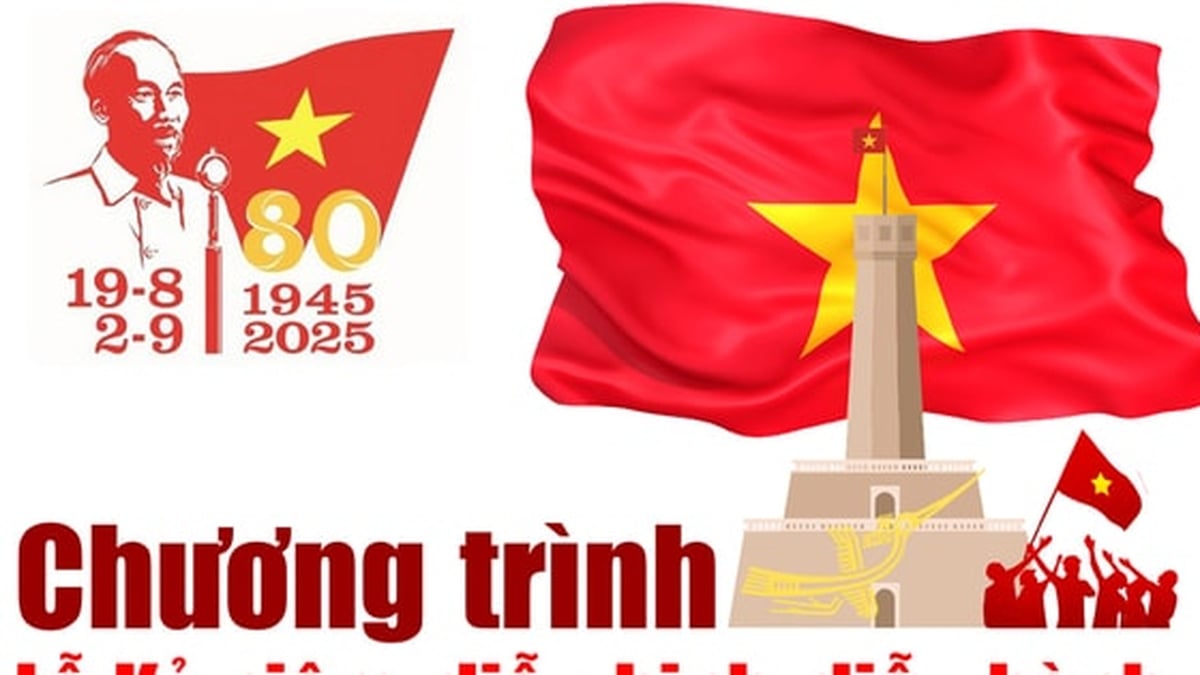
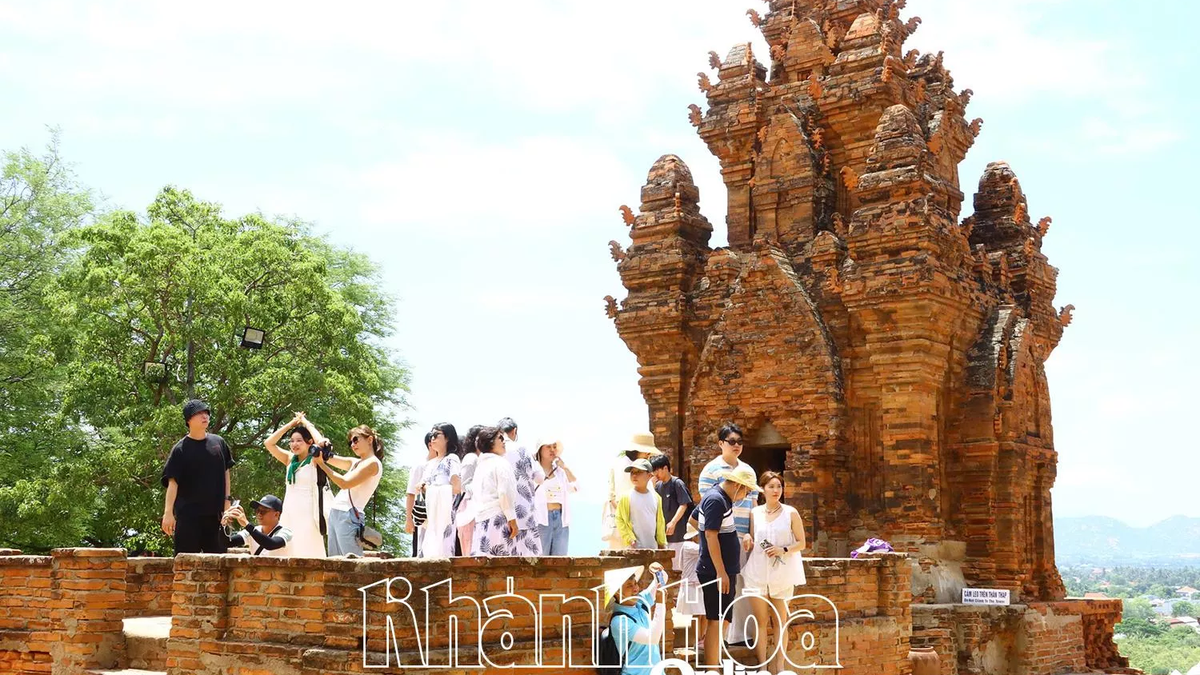
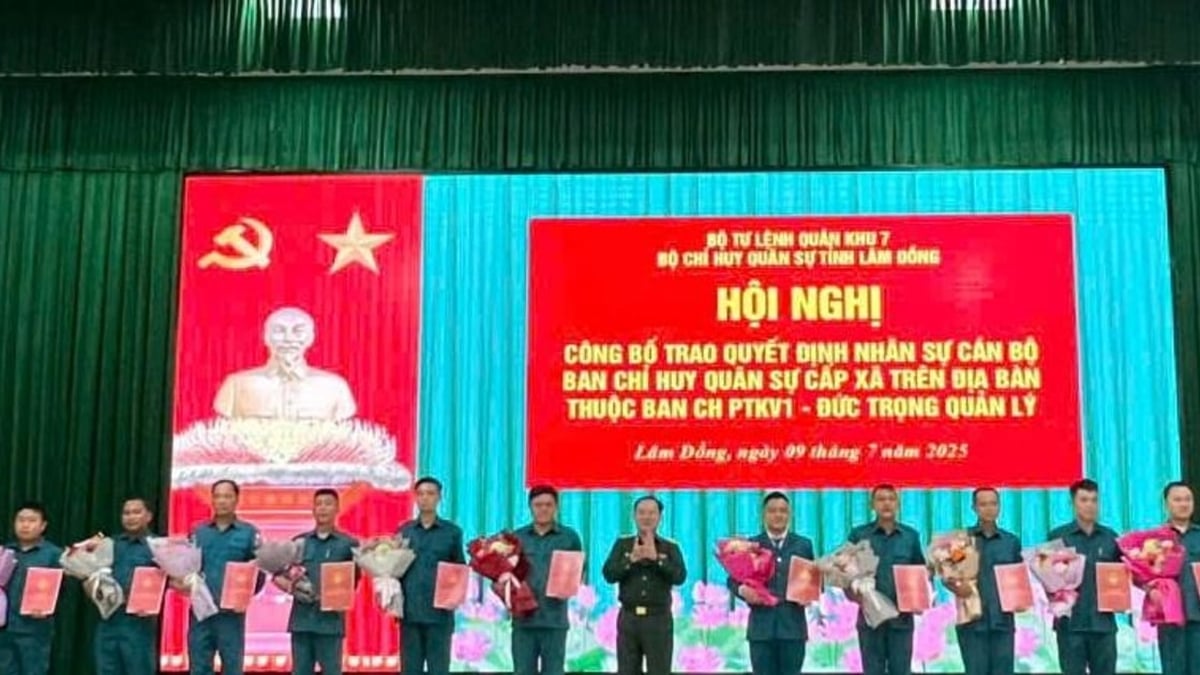
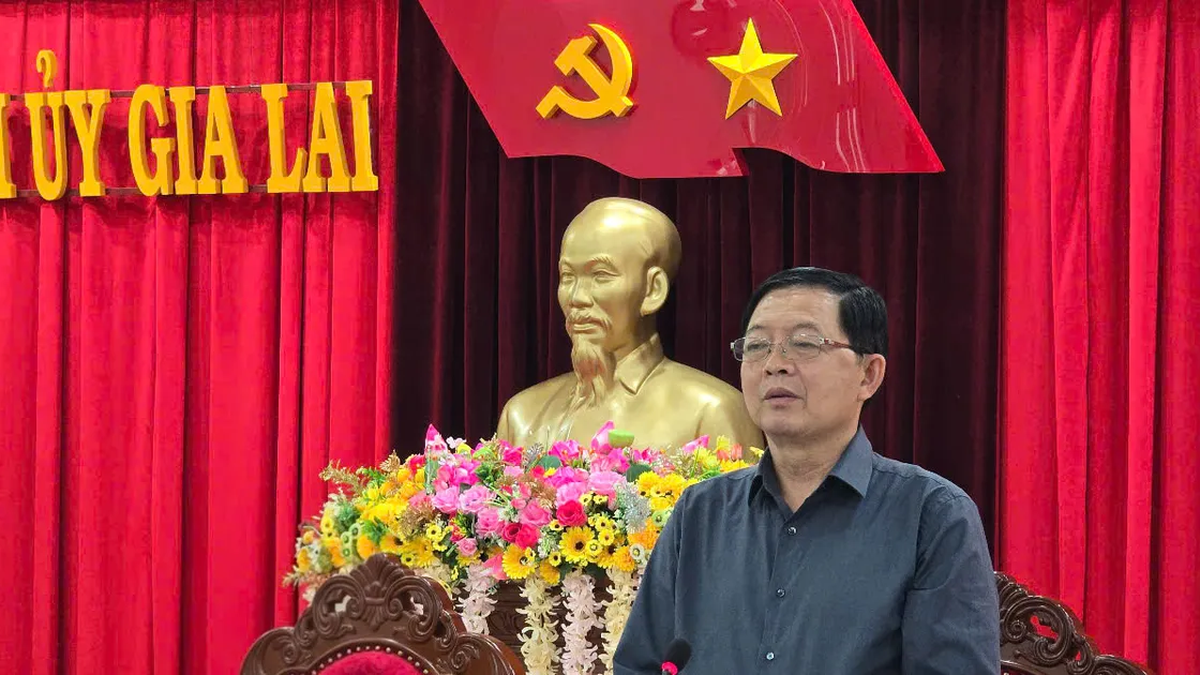
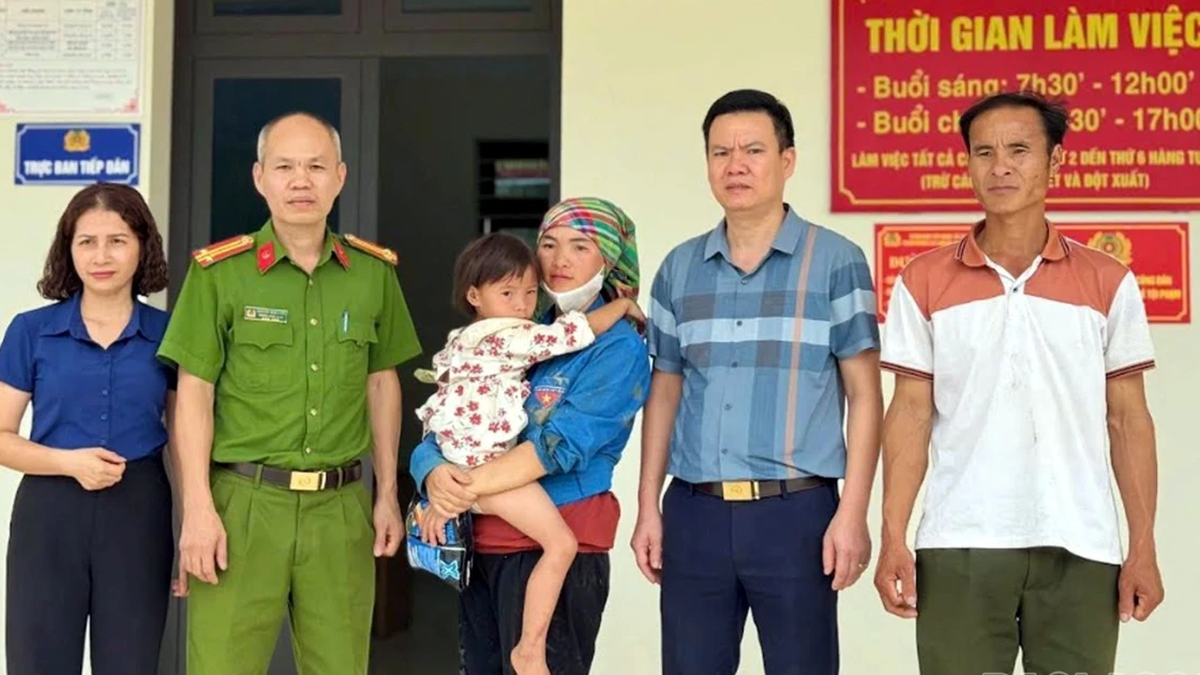
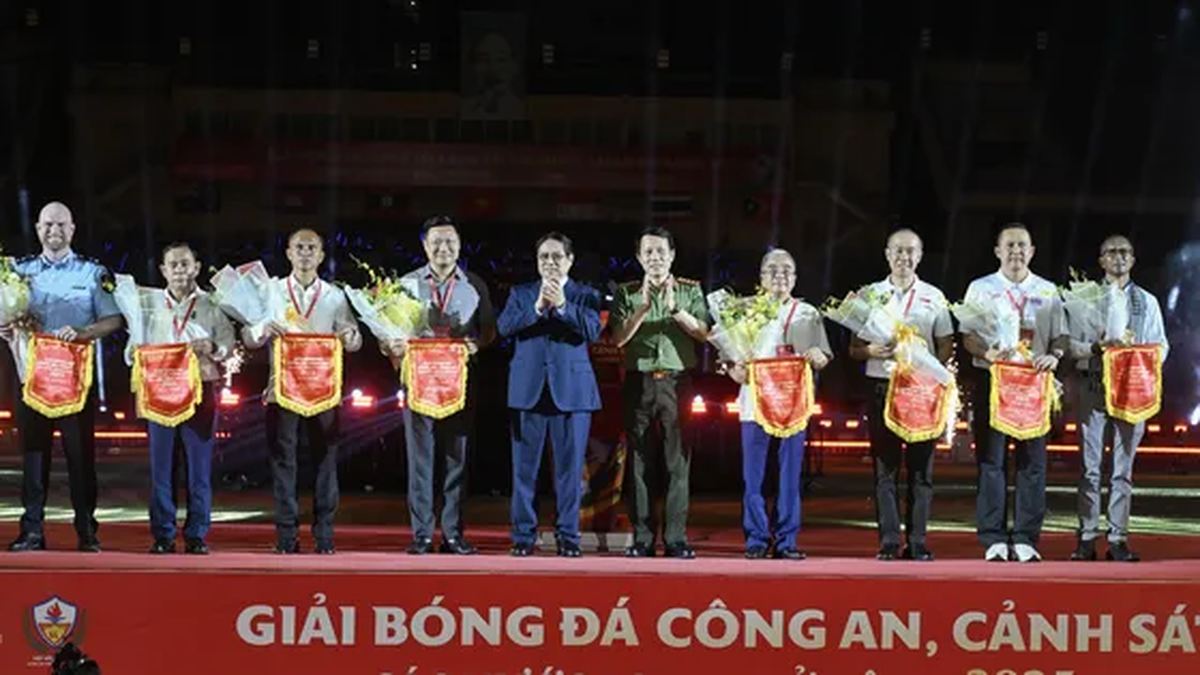













![[Photo] Gia Lai provincial leaders offer flowers at Uncle Ho's Monument with the ethnic groups of the Central Highlands](https://vphoto.vietnam.vn/thumb/1200x675/vietnam/resource/IMAGE/2025/7/9/196438801da24b3cb6158d0501984818)










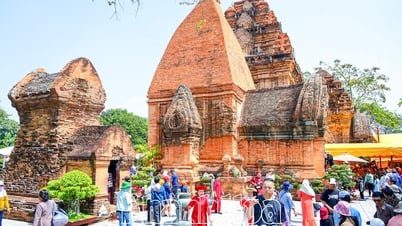

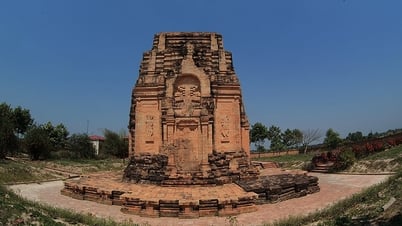







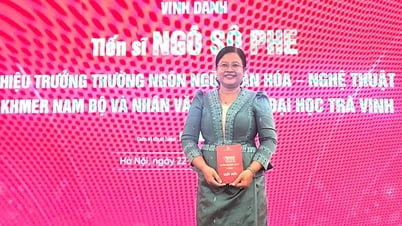









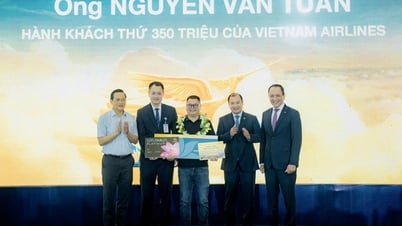

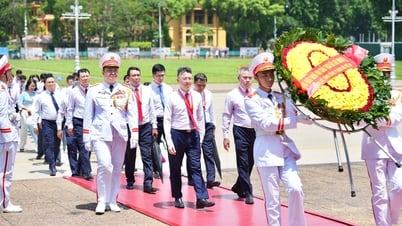





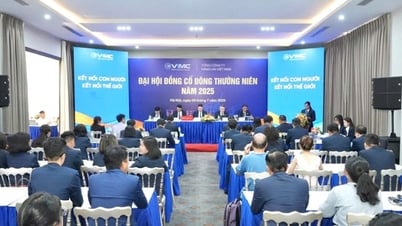

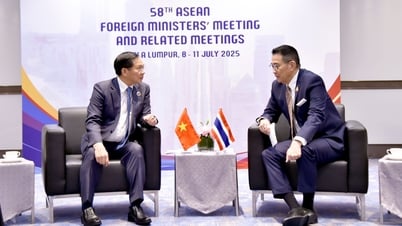

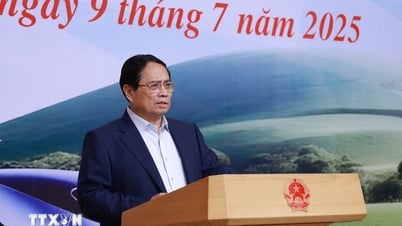
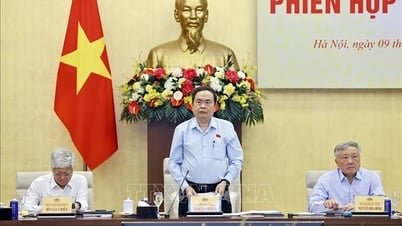

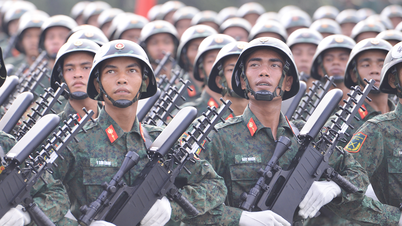

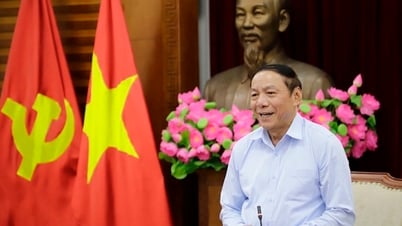

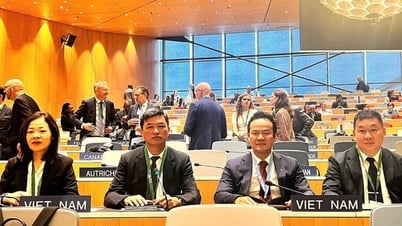



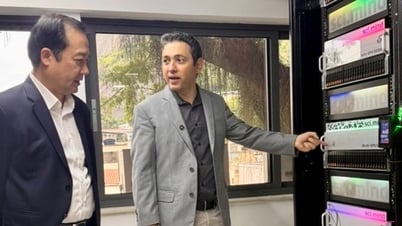












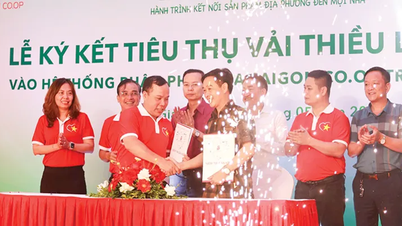
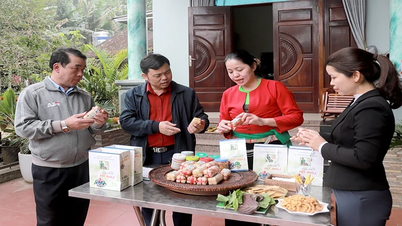





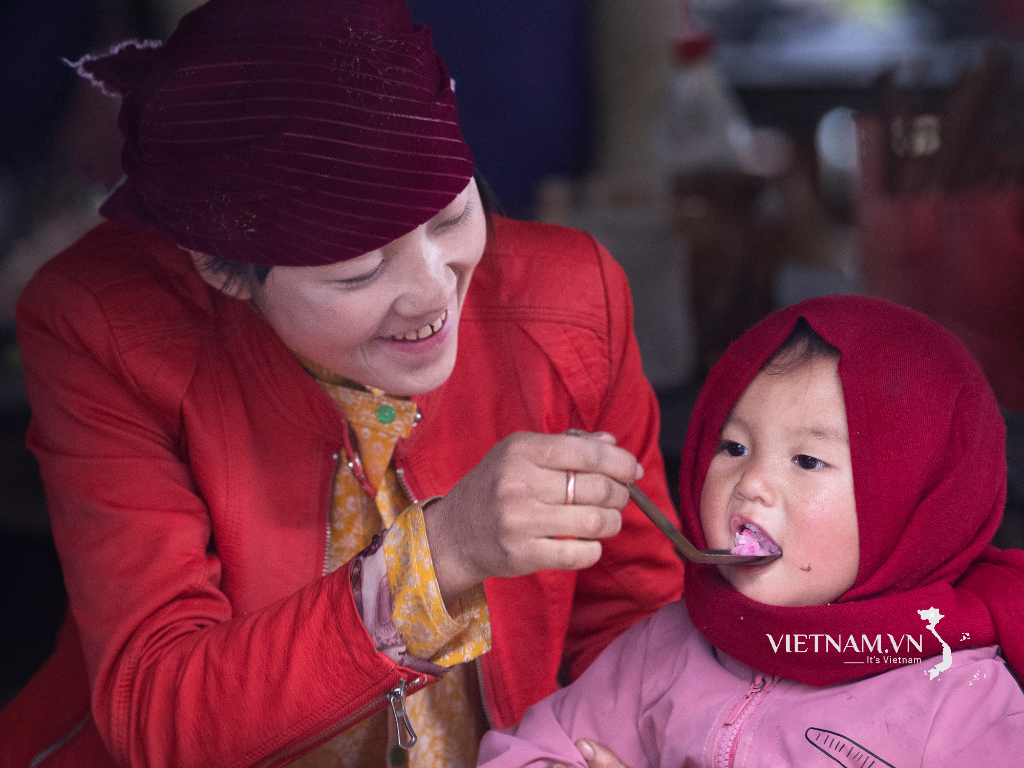

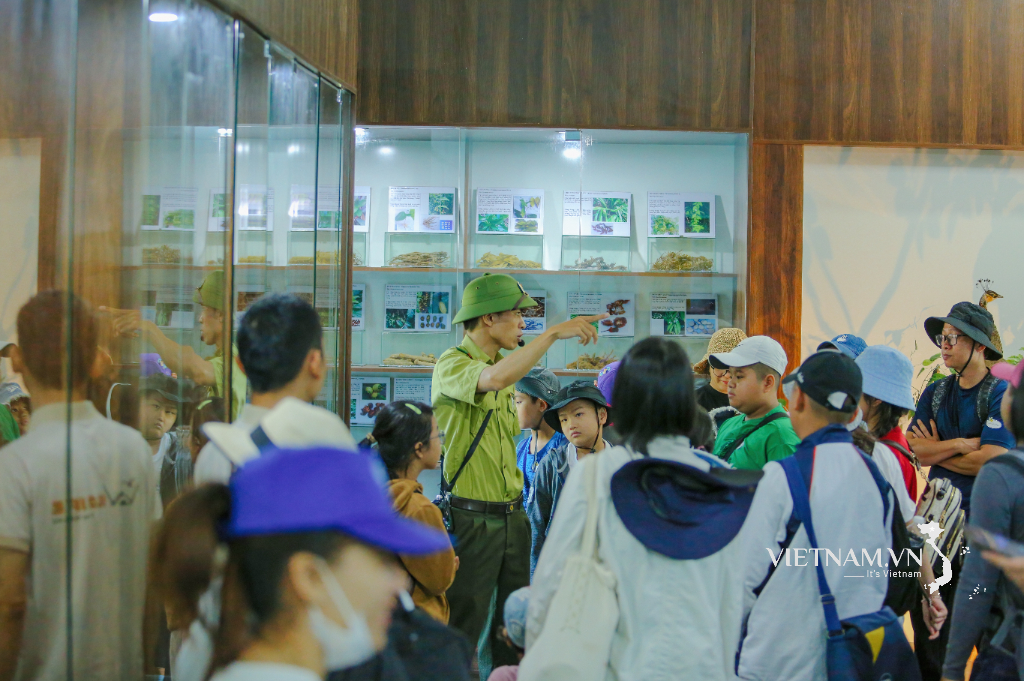
Comment (0)